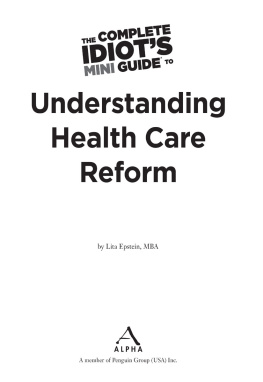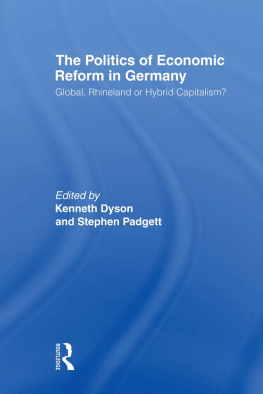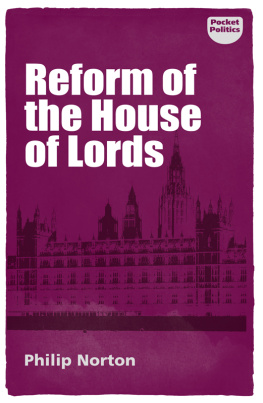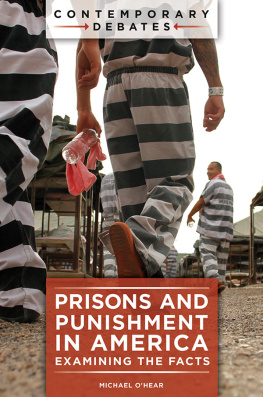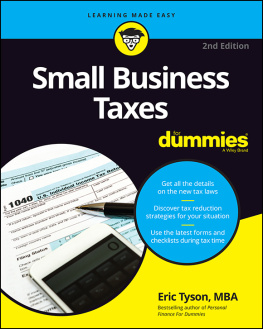Taxing Ourselves
A Citizens Guide to the Debate over Taxes
5th edition
Joel Slemrod and Jon Bakija
The MIT Press
Cambridge, Massachusetts
London, England
2017 Massachusetts Institute of Technology
All rights reserved. No part of this book may be reproduced in any form by any electronic or mechanical means (including photocopying, recording, or information storage and retrieval) without permission in writing from the publisher.
This book was set in Palatino LT Std by Toppan Best-set Premedia Limited. Printed and bound in the United States of America.
Library of Congress Cataloging-in-Publication Data is available.
ISBN: 978-0-262-03567-5
eISBN 9780262338073
ePub Version 1.0
d_r0
Preface
Albert Einstein is reputed to have said that the hardest thing in the world to understand is the income tax. But understand it we must because it is a critical part of how government affects the lives of Americans. Unfortunately, though, when tax policy enters the political arena, the subtleties of the key issues are usually lost in self-serving arguments and misleading simplifications. Academic treatments of the subject are of little help to the vast majority of citizens who are unfamiliar with the jargon and methods of economics.
This book is an attempt to bridge the gap between sound bites and treatises. It lays out what is known and not known about how taxes affect the economy, offers guidelines for evaluating tax systems, and provides enough information to evaluate both the current income tax system and the leading proposals to replace or reform it. We have attempted to present this information in a clear, nontechnical way and to avoid misleading the reader by oversimplifying. We do not conclude with our own pet plan for improving the U.S. tax system, which would require applying not only our professional expertise about the economics of taxation but also our values about such issues as what constitutes a fair system, as well. This book does, however, provide readers with enough background to make informed judgments about how we should tax ourselves.
We have been gratified by the positive response from readers of the first four editions of Taxing Ourselves, especially those who have used this book as a textbook or a supplementary reading in economics, accounting, and law courses. The positive e-mails weve received from citizens who have learned from this citizens guide have also been encouraging. At the MIT Press, first Terry Vaughn, then John Covell, and most recently Emily Taber have been helpful throughout the development process and supportive of our desire to update the book with new editions. This fifth edition has been extensively revised to incorporate the latest data, empirical evidence, and tax law through late 2015, along with selected coverage of new developments through September 2016. It offers new coverage of many different topics, such as recently developed tax reform packages, the proposals of the 2016 presidential candidates, expanded coverage of international tax issues, and recent enforcement initiatives. We have been fortunate to have at our disposal the resources of the Office of Tax Policy Research (OTPR) at the University of Michigan, where Joel is a professor at the Stephen M. Ross School of Business and in the economics department and Jon was a graduate student during the writing of the first edition. Jon has since moved to the economics department at Williams College, where he is a professor of economics. We owe a special debt to those colleagues who read and made extensive comments on an early draft of the bookGerard Brannon, Leonard Burman, Don Fullerton, Louis Kaplow, and three anonymous reviewers. We also benefited from the insightful comments and suggestions of three anonymous reviewers of the fifth edition. Mary Ceccanese, research process coordinator at OTPR, reviewed the entire manuscript (five times!) and has provided encouragement and advice from start to finish. Julie Skelton, Brent Smith, and Monica Young helped to track down information and citations for the first edition, and Varsha Venkatesh at OTPR was instrumental in updating the second and third editions. Chris Lyddy of the Brookings Institution provided invaluable research assistance on the third edition, as did Marcus Choudhary and Alexander Gribov on the fourth edition. Garrett Anstreicher, Patrick Aquino, Melissa Caplen, Tiffany Chang, Regina Im, Marissa Kimsey, Josephat Koima, James Pappas, and Brian McGrail provided outstanding research assistance for the fifth edition. Finally, Joel would like to thank Ava, Annie, and Jonny for providing support, love, and challenging questions about the relationship between individuals and the government. Jon would like to thank Rebeccah, Miriam, Jude, and his parents for their love, support, and understanding.
Note
> (accessed October 11, 2016), this quote was attributed to Einstein by his friend and tax preparer Leo Mattersdorf in a letter to the editor of
Time magazine in 1963.
1 Introduction
As it has for the last three and a half decades, taxation continues to play a central role in the debate over economic policy in the United States. This is not surprising, because no other economic issue (and perhaps no issue at all) more clearly defines the differences between the two major political parties. The modern tax policy era began with the presidency of Ronald Reagan, who made large tax cuts a linchpin of his campaign and then presided over a historically large tax cut in 1981, followed in his second term by perhaps the most ambitious income tax reform in American historythe Tax Reform Act of 1986which significantly broadened the tax base by removing many deductions and loopholes in exchange for lower tax rates. Tax changes in 1990 and 1993 raised rates on upper-income taxpayers in an effort to reduce budget deficits. In the mid-1990s, many politicians and experts were calling for a fundamental overhauleven complete abolitionof the income tax and the Internal Revenue Service. Proposals to replace the income tax with a flat tax or a national sales tax began to appear in Congress and in the platforms of presidential hopefuls.
The presidency of George W. Bush took Reagans first-term approach a step further by enacting in 2001 large phased-in cuts in both the income tax and estate tax. This was followed in 2003 by reductions in the taxation of dividends and capital gains and an accelerated implementation of the tax cuts enacted in 2001.
The financial crisis of 2008 and subsequent great recession drastically changed the terms of tax policy debates. Tax cuts figured prominently in the stimulus packages of 2008 and 2009, where the policy criteria shifted to what kind of tax cuts would produce the biggest bang per buck, generated by getting people to spend, rather than save, the extra income from the tax cuts. The combination of the recession and the revenue cost of the financial sector bail-outs and stimulus packages led to massive fiscal deficits, adding to already worrisome long-term fiscal imbalances.
Barack Obama was elected president in the midst of the financial crisis and an economy in free-fall. He helped craft the stimulus-driven tax cuts, but then had to confront the fact that all of the Bush-era tax cuts were scheduled to expire in 2011. He had campaigned on extending all of these tax cuts except for those that applied to taxpayers with income over about $250,000, but tax increases of any kind were difficult to justify in such a fragile economy. As the extension of the Bush tax cuts grew near, the political environment had changed as well, because the 2010 mid-term elections brought a Republican majority to the House of Representatives, with many of the newly elected members adamantly opposed to any tax increases. Finally, in December 2010 all the tax cuts were extended for just two more years, assuring that a future Congress would soon have to revisit which of these changes to accept and which to reverse.



